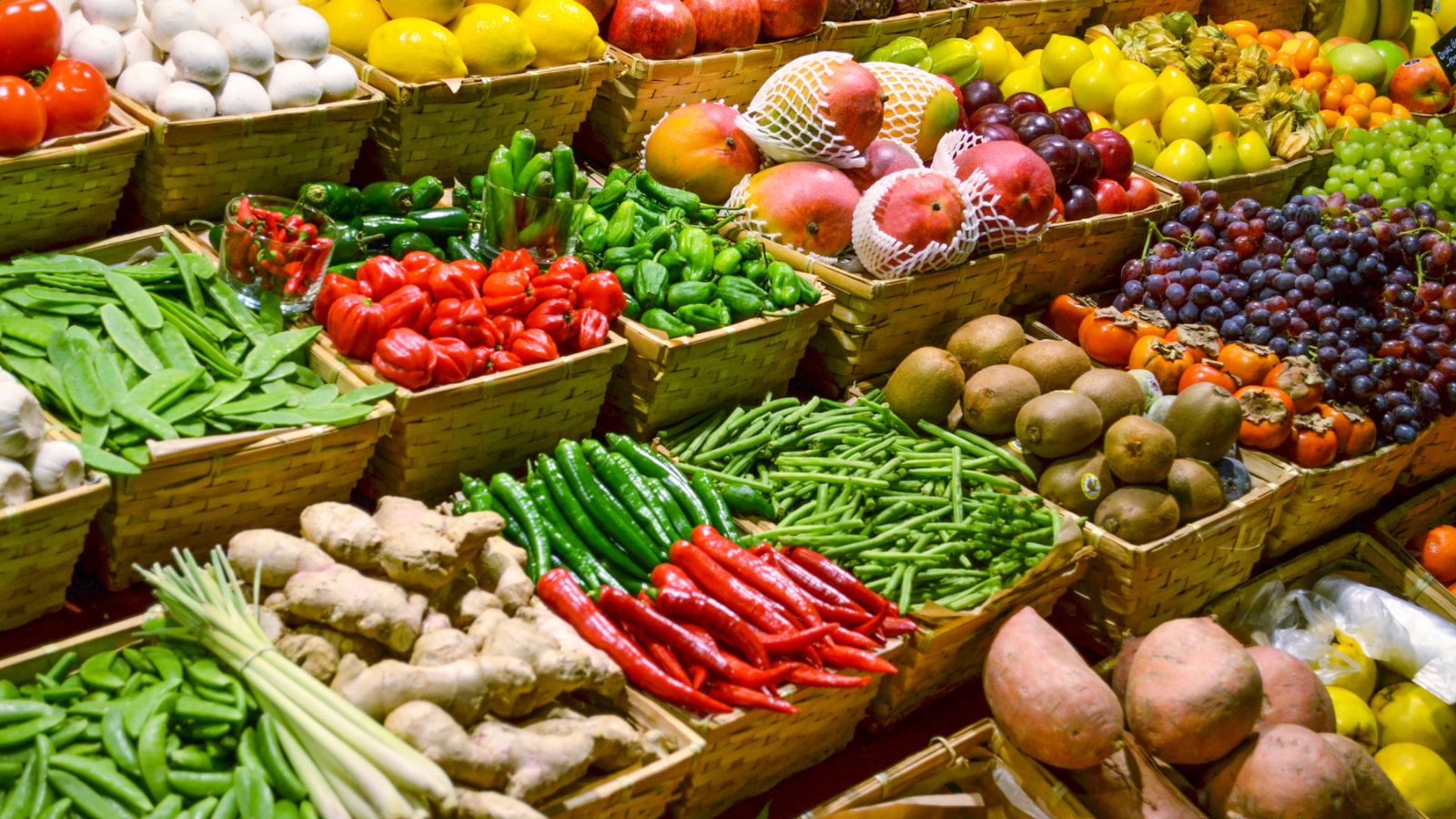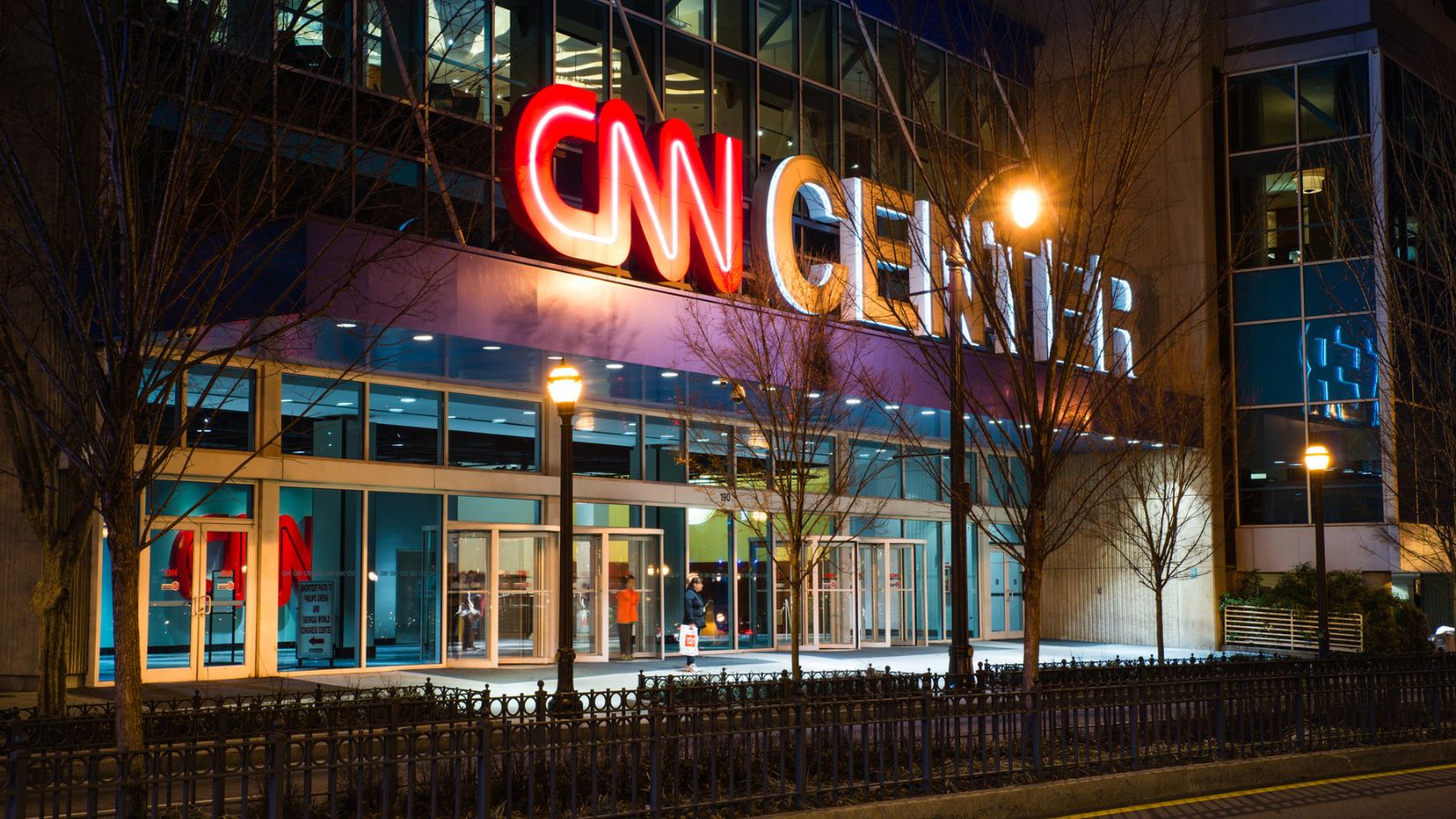10 Enjoyable Things That Were Completely Ruined by Rich People

Throughout history, the actions of the wealthy have often had a profound impact on society, both positive and negative. While many wealthy individuals and corporations have used their resources to benefit society, others have contributed to the degradation of systems and resources that should benefit everyone. From the exploitation of natural resources and the rising cost of education to the influence of money in politics and the lack of affordable housing, the actions of the rich have had far-reaching consequences.
1. Affordable Housing

Rich people buying up multiple properties as investments and leaving them empty or using them as vacation homes drives up the price of housing for everyone else. The lack of affordable housing is a major issue in many cities around the world, and the actions of wealthy property owners only exacerbate the problem.
2. Natural Resources

The extraction and exploitation of natural resources like oil, gas, and minerals have often been driven by wealthy corporations and individuals seeking to maximize profits. This has led to environmental destruction and exploitation of indigenous communities, as well as the exacerbation of climate change.
3. Art and Cultural Heritage

Wealthy collectors and institutions have been known to purchase priceless works of art and artifacts from around the world, only to keep them locked away in private collections or museums inaccessible to the public. This deprives people of the opportunity to appreciate and learn from these cultural treasures.
4. Politics

The influence of money in politics has long been a contentious issue. Wealthy individuals and corporations can donate large sums of money to political campaigns and lobbying efforts, giving them outsized influence over the decision-making process and leading to policies that often favor the wealthy at the expense of the rest of society.
5. Public Transportation

The advent of ride-sharing services like Uber and Lyft has been blamed for the decline of public transportation in some cities. Wealthy investors have poured millions into these companies, driving up their valuations and allowing them to operate at a loss while undercutting traditional taxi services and public transportation options.
6. Education

The rising cost of education, particularly at the college and university level, has made it increasingly difficult for low-income students to access higher education. Meanwhile, wealthy families can afford to pay for their children to attend prestigious universities, creating a system of privilege that perpetuates social inequality.
7. Healthcare

The cost of healthcare in many countries around the world is a major issue, with many people unable to afford even basic medical care. Meanwhile, the wealthy can afford to pay for top-of-the-line healthcare, creating a system where access to quality healthcare is based on wealth rather than need.
8. Food

The industrialization of food production has led to the exploitation of workers and the degradation of the environment. Meanwhile, the wealthy can afford to purchase organic, locally-sourced, and sustainably-produced food, perpetuating a system where access to healthy and nutritious food is based on wealth.
9. The Media

Media consolidation and the rise of corporate-owned news outlets have led to a situation where the wealthy and powerful can control the narrative of public discourse. The concentration of media ownership means that a small group of individuals can influence what information is disseminated to the public, perpetuating a system of inequality and limiting the ability of people to access diverse viewpoints and opinions.
10. Healthcare Research and Development

The pharmaceutical industry is dominated by a small number of multinational corporations, who often prioritize profits over public health. These companies have been known to engage in price-gouging and anti-competitive practices, making it difficult for people to access life-saving medications. Meanwhile, research into diseases that disproportionately affect the poor, such as tuberculosis and malaria, is often underfunded.
50 Super Simple Side Hustle Ideas

50 Super Simple Side Hustle Ideas (& How to Make Them Work)
10 Frugal Lessons I Learned From Being Flat Out Broke

10 Frugal Lessons I Learned From Being Flat Out Broke
How To Make Money Without a Job

How To Make Money Without a Job
Creative Ways To Make Money

20 Easy Ways to Raise A Credit Score Fast

Read More: 20 Easy Ways to Raise A Credit Score Fast
Frugal Living Tips: The Essential Guide To Start Saving Money

Frugal Living Tips: The Essential Guide To Start Saving Money





